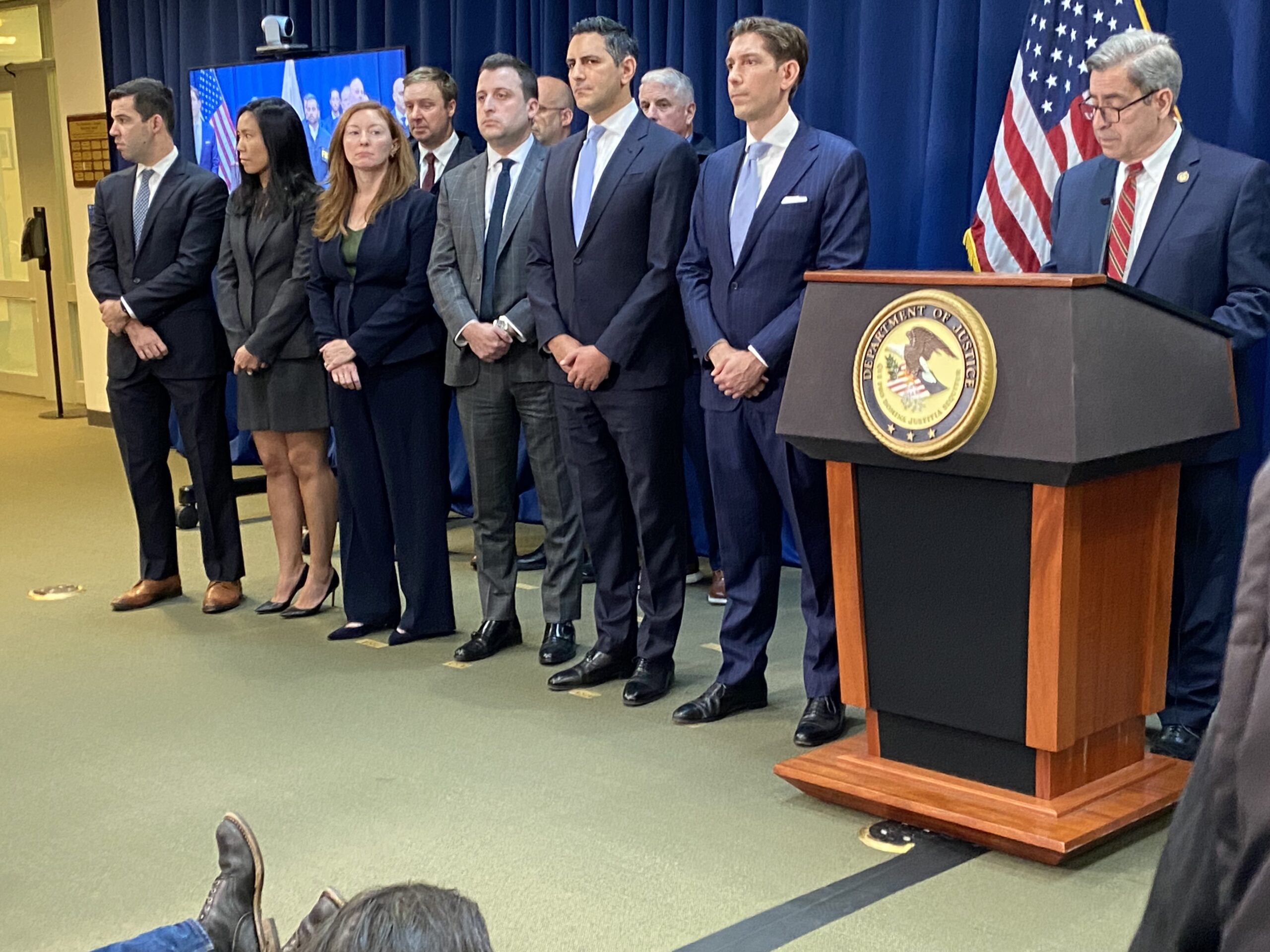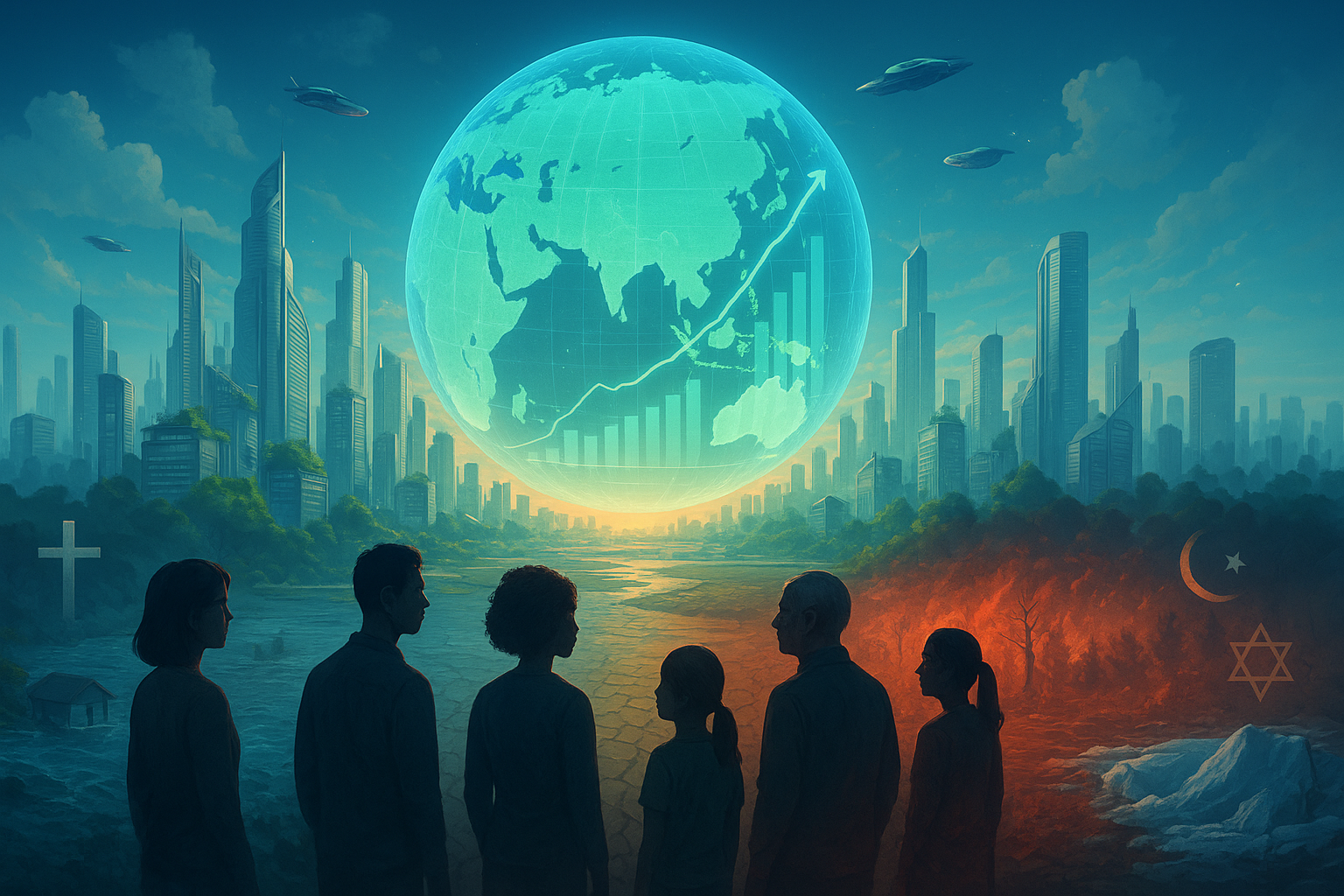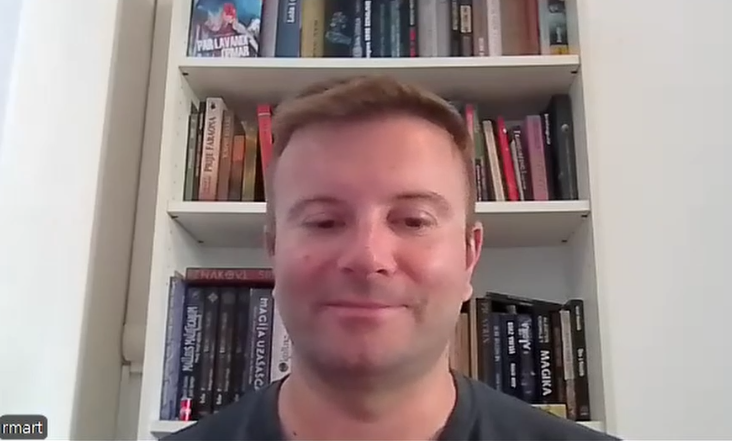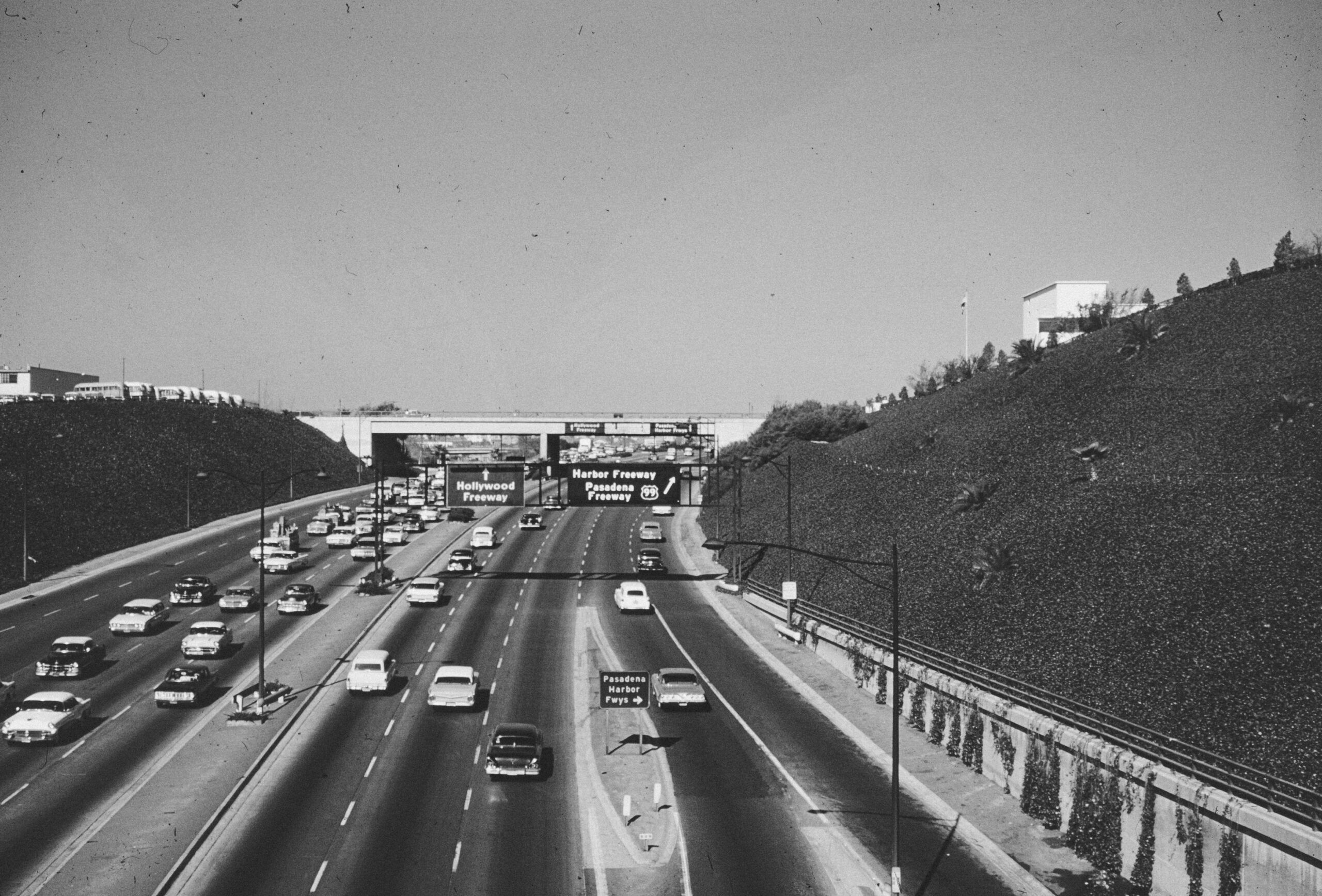By Matija Šerić
During Dilma Rousseff’s presidency from 2011 to 2016, Brazil unfortunately began to stagnate both economically and socially. Economic growth slowed, averaging 2.6% below the Latin American average, leading to a loss of fiscal discipline, a lack of economic progress, layoffs, recession, and widespread dissatisfaction. The nation was shaken by large-scale corruption scandals involving top figures from Brazil’s political and economic elite. As a result, Rousseff was impeached by parliament in 2016, and her successor, Michel Temer, narrowly avoided the same fate.
The nation remains deeply divided between the left and the right. Even former president Lula ended up behind bars, illustrating how corruption scandals are often used as a political weapon. In 2019, the controversial right-wing leader Jair Bolsonaro replaced Temer, implementing pro-Western policies (Amazon deforestation, neoliberal economic reforms, closer ties with the US and Israel) alongside nationalist policies aimed at strengthening Brazil’s power. Contrary to many expectations, he never turned against Russia and China, and Brazil’s relationship with the US cooled after the Biden administration took office.
New Hopes
Due to mounting problems, particularly the mismanagement of the COVID-19 crisis, Lula da Silva returned to power in 2023 after being cleared of all corruption charges. Lula’s comeback allowed Brazil to unequivocally return to a multipolar path, aiming not just to maneuver between great powers (the US, Russia, and China) but to build its own standing in the international community. Brazil wants—and is capable of—becoming the leading representative of Latin America and the Global South.
The simplest way to achieve this goal is by uniting Latin American countries into political and economic blocs independent of the United States. In practice, these include the Union of South American Nations (UNASUR), the Community of Latin American and Caribbean States (CELAC), and the Southern Common Market (Mercosur), which all serve as alternatives to the US-dominated Organization of American States (OAS).
Of course, the BRICS alliance remains crucial, advancing steadily each year. Its key processes include de-dollarization (i.e., trading in national currencies such as the Brazilian real) and expansion, which is set to include six new members next year. These BRICS developments strongly benefit Brazil, evident in its robust relations with China and other member states.
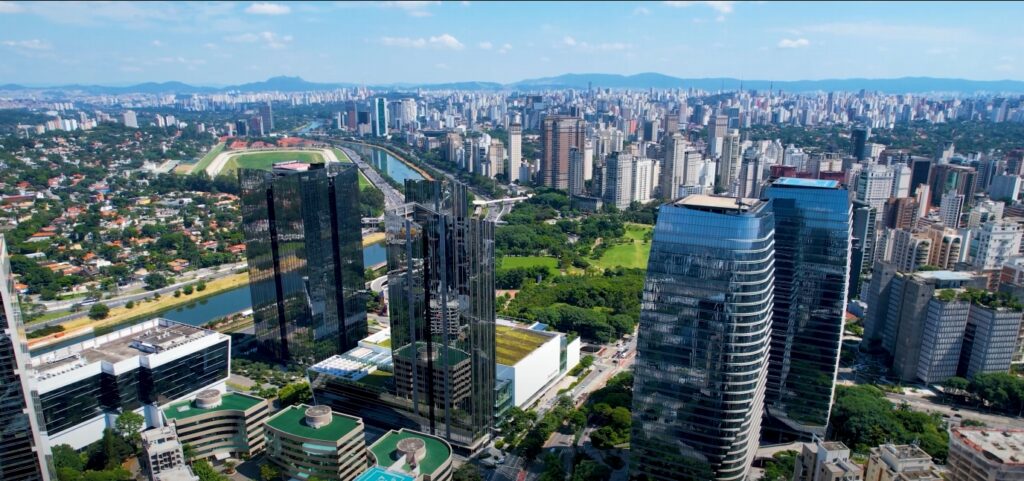
Economic Landscape
Brazil’s nominal GDP last year stood at $2.13 trillion (10th in the world), with a GDP per capita of $9,960 (80th globally). After several years impacted by the pandemic, Brazil’s GDP grew by 3.4% last year. The Brazilian GDP structure is composed of services (62.9%), industry (17.6%), and agriculture (5.9%). Key agricultural products include coffee, soybeans, wheat, sugarcane, cotton, and cocoa. Major industrial sectors and products include chemicals, aerospace and automotive industries, iron ore, machinery and transport equipment, textiles, and lumber. The labor force numbers around 108 million workers.
In 2024, Brazil’s unemployment rate stood at 7.6%, public debt at 76% of GDP, and inflation at 4.3%. Last year, Brazil exported goods and services worth $337 billion while importing $262 billion. Brazil’s top export destinations are China (31.3%), the US (11%), Argentina (4.2%), the Netherlands (3.3%), and Chile (2.5%), among others. Its main import sources are China (21.7%), the US (18%), Argentina (5.4%), Germany (5.1%), India (3.1%), and Russia (2.6%).
Social Inequality
Despite its vast resources, Brazil remains one of the most socially unequal countries in the world. The wealthiest 10% of the population control around 50% of the national income, while approximately 8.5% of the population lives below the poverty line. Among large nations, Brazil has the highest income inequality. As depicted in many films, the wealthy live in unimaginable luxury, while the poor struggle to survive. The favelas, Brazil’s iconic slums, are often associated with poverty and crime. In certain neighborhoods in Rio de Janeiro and São Paulo, police cannot enter without heavy support. However, over time, conditions in the favelas have gradually improved, making them somewhat more livable, yet poverty remains a significant issue that fuels many other social problems.
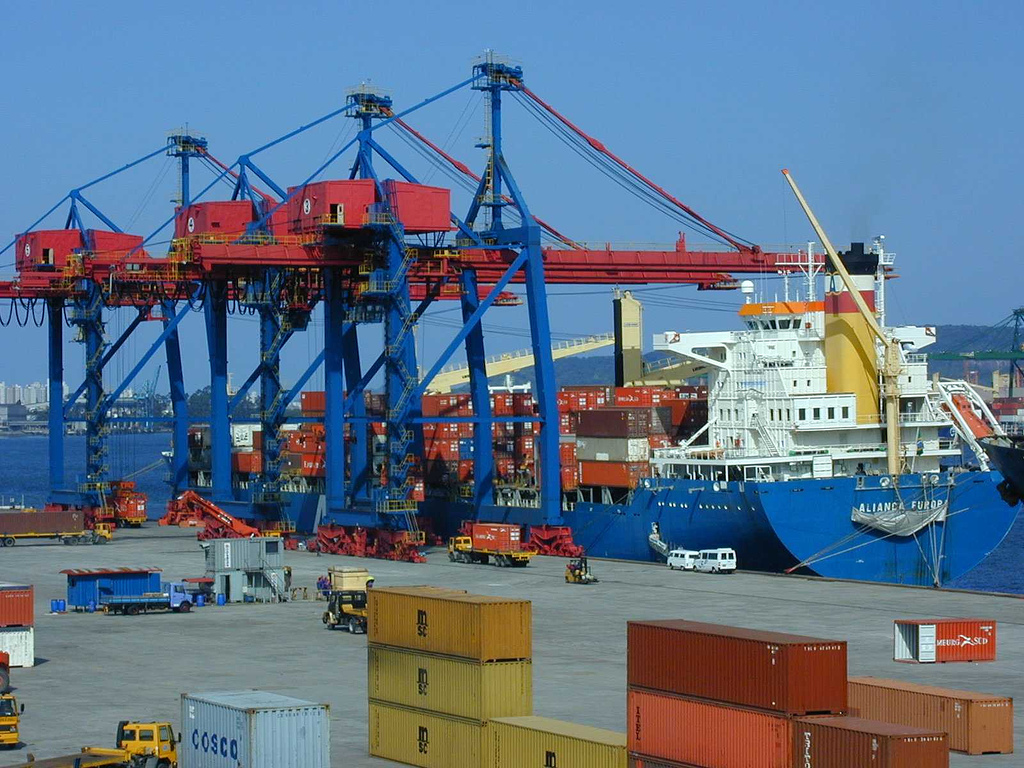
Resources and Soft Power
Brazil possesses abundant reserves of strategic minerals (bauxite, iron ore, manganese, uranium, copper, tungsten, gold, nickel, zinc, vanadium, lithium, titanium) and gemstones (amethyst, emerald, aquamarine, and opal). In terms of energy, Brazil is self-sufficient in oil and is one of the world’s leading producers of hydroelectric power. The country holds around a tenth of the world’s freshwater reserves and is home to the largest preserved rainforest, the Amazon, which boasts immense biodiversity. Brazil’s arable land is well-suited for producing a variety of crops and biofuels. It is also a major producer of beef, poultry, dairy products, and pork.
Because of its resource wealth, many experts believe Brazil is well-positioned to gain a dominant role in international relations, particularly on environmental issues (assuming an eco-oriented government remains in power in Brasília). Additionally, Brazil extends its influence globally through its unique version of soft power. Historically, carnival, samba, coffee, football, and favelas have been Brazil’s most recognizable symbols, all of which could be further leveraged to expand Brazil’s influence. More recently, Brazilian cuisine, music, film industry, and art have emerged as additional facets of its soft power projection.
Military Power
Brazil’s greatest weakness in the past was its lack of military power. Throughout the 20th century, the authorities showed little interest in investing heavily in the military, partly because neighboring countries in South America posed no significant security threat. Its weak military strength never led to punishment, protected by natural barriers. However, this absence of hard power was an obstacle to a more active foreign policy.
Over the past two decades, Brazil has made significant progress in the military domain. According to Global FirePower, Brazil’s military ranks 15th in the world, a respectable position, and it holds the second-strongest military in the Americas after the United States. Brasília has developed its own military-industrial complex capable of producing sophisticated weapons and equipment. Brazil is among the top five countries globally in terms of available population for military service (87 million people), total air fleet strength, and the number of air and large seaports (around 4,000 and 17, respectively).
One of Brazil’s persistent weaknesses remains insufficient attention to security, particularly the fight against organized crime. However, a stronger military enables Brazil to pursue a more assertive foreign policy. It is also important to note that during the 1970s, Brazil launched a nuclear weapons program. Although the country ultimately decided to abandon the project due to its commitment to a world without nuclear weapons, Brazil still possesses the technological capabilities and expertise necessary to develop nuclear arms if it ever chooses to do so.
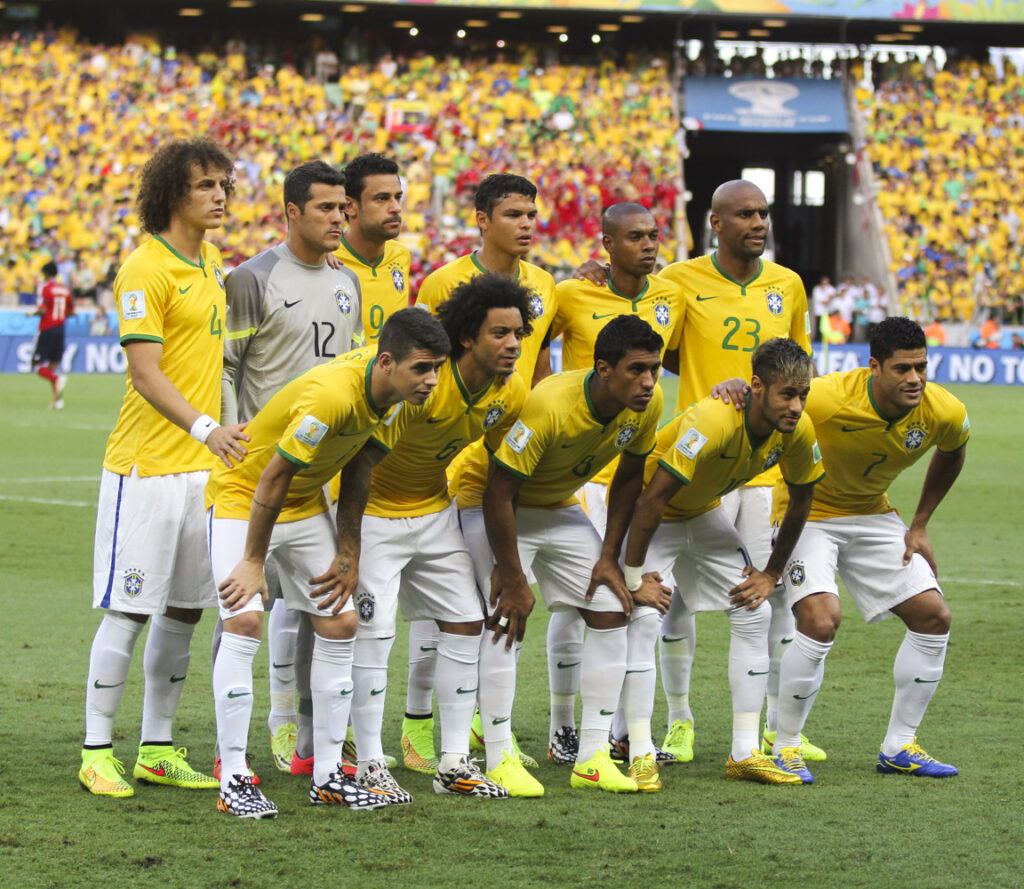
The Brazilian Century
The idea that Brazil could emerge as a superpower is not new. Brazilian politicians, diplomats, and generals have contemplated such ambitions since the 19th century, and even American foreign policy experts like Henry Kissinger and George Kennan predicted decades ago that the South American giant would eventually awaken, given its potential. This is now becoming a reality.
Although the current situation is far from perfect, when viewed from a long-term perspective, with dedicated reform and effort, the Brazilian people and state can continue to build on their successes.
Brazil has the potential to become a driver of development for Global South nations (including many countries in Latin America, Africa, and Asia). In addition to its vast natural, material, and human resources, Brazil benefits from being a democracy that ensures political, media, and other freedoms. It can emerge as a superpower that actively contributes to building a fairer multipolar world. The preconditions for this are internal stability and leadership that is politically prudent, economically competent, transparent, and uncorrupted.
As one of the world’s largest democracies, a supporter of multilateralism, fair globalization, dialogue, and peaceful solutions, Brazil is well-positioned to help build a fairer international order compared to other major powers that are often entangled in conflicts, near and far from their borders. The Christ the Redeemer statue overlooking Rio de Janeiro serves as a reminder that Brazil is the world’s most populous Roman Catholic nation. Its commitment to Christian moral and ethical standards could help Brazil rise, reducing corruption, crime, and poverty.
The 21st century should indeed be Brazil’s century. This will be achieved if Brazilians remain true to their national motto: “Order and Progress.”



